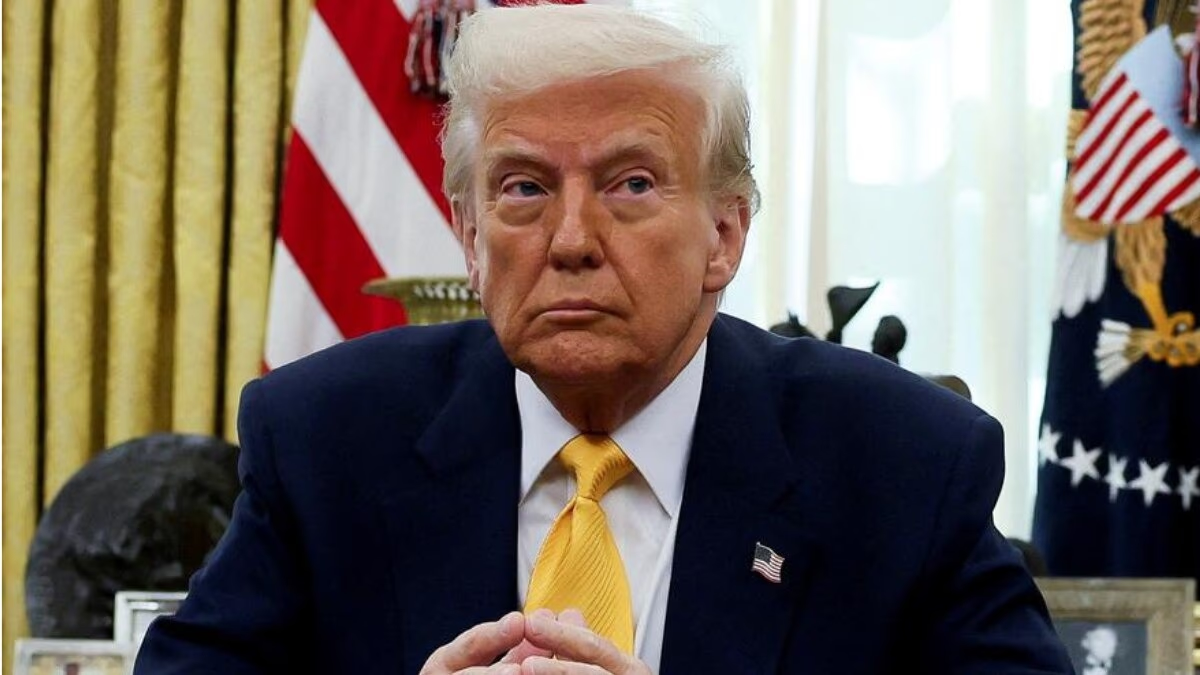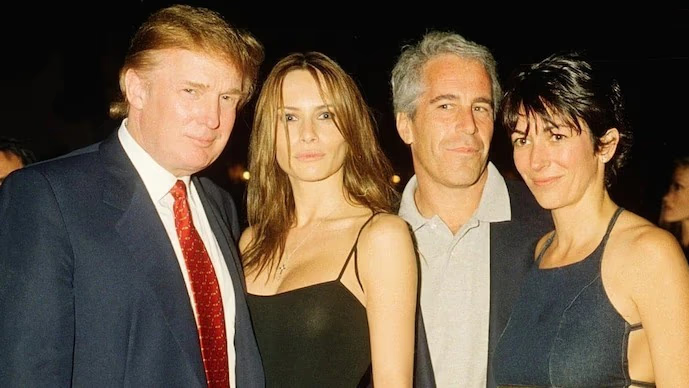U.S. President Donald Trump has adopted a firm stance on his tariff demands in ongoing trade talks with the European Union. He is insisting on imposing tariffs ranging from 15 to 20% on EU imports. This information comes from sources cited by the Financial Times regarding the negotiations.
Despite weeks of discussions on a framework deal, Trump remains unswayed by recent EU proposals, including suggestions to lower car tariffs. Reports suggest he is willing to keep auto sector duties at 25% as originally planned. With the August 1 deadline looming, talks seem to be at a standstill, putting pressure on the EU to respond.
According to the FT, a U.S. official mentioned that the administration is contemplating reciprocal tariffs that could exceed 10%, regardless of an agreement, putting further strain on the already delicate negotiations.
The EU had hoped for a deal similar to the post-Brexit agreement with the UK, but is facing internal disagreements over its response strategy. Some diplomats warn that Trump’s insistence on high, permanent reciprocal duties could force Brussels into retaliatory actions.
An EU diplomat signaling a strong stance stated, "We will not settle for 15%." Another added, "We do not want a trade war, but it’s unclear if the U.S. will offer us any alternative."
Read also: Will the U.S. Impose the Lowest Tariffs on India? Final Stages of the Deal, Trump Says Everything is Fine!
As tensions rise, the European Commission has prepared various countermeasures. These include tariffs on €21 billion worth of American goods like chicken and jeans, set to take effect from August 6. In addition, there are extra proposals targeting €72 billion of U.S. exports, including Boeing aircraft and bourbon. A third list reportedly considers a digital services charge.
Meanwhile, Trump has dismissed concerns about inflation and market instability, instead pointing to the $50 billion in additional tariff revenue generated last quarter. Although this news caused a dip in U.S. stocks, the markets have largely recovered from tariff threats since April.
Germany's Chancellor Frederick Merz expressed doubts about reaching an agreement and warned that given America’s tough stance, the likelihood of sector-specific agreements seems slim.
With just days remaining before Trump's deadline, the possibility of a trade war between the world’s two largest economies appears more real than ever.




